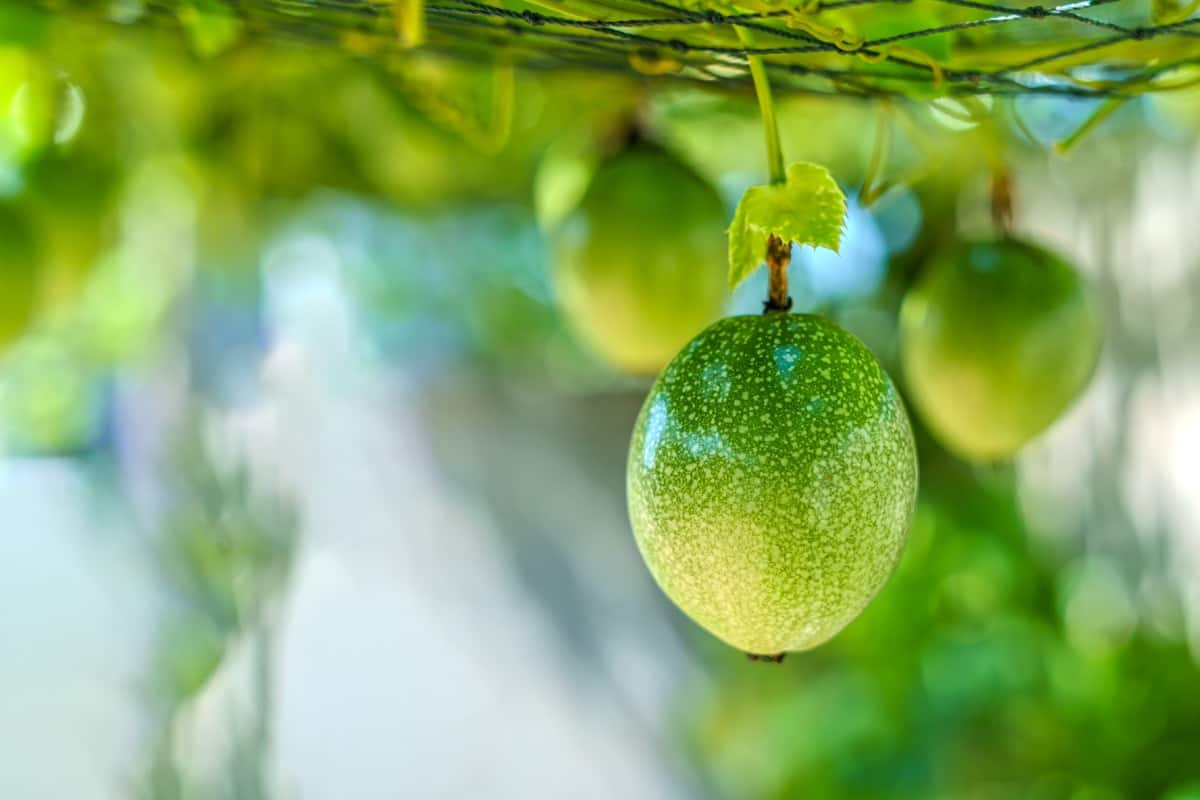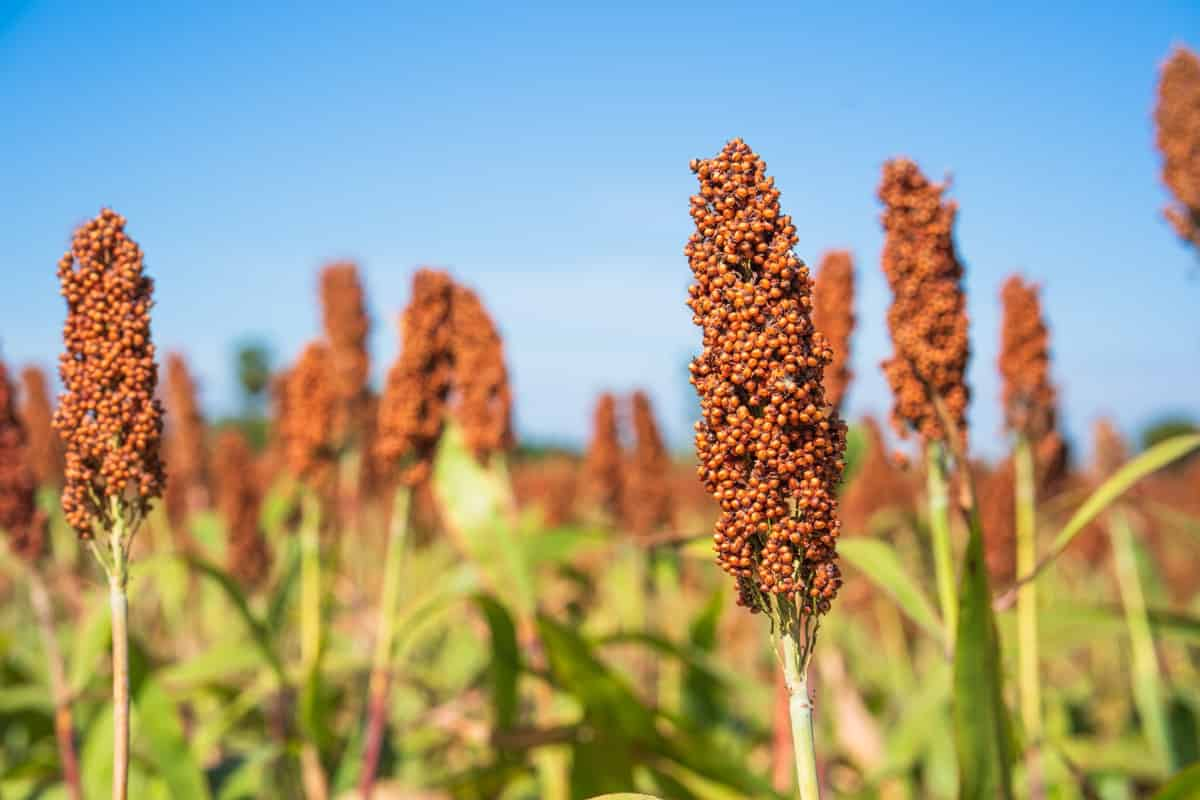One of the rarest plants in the world has been spotted on the south coast of Western Australia
In the Western Australian bush, just outside Bremer Bay in the state's south, grows a rare orchid that botanists, spotters and photographers travel from all around the world to see.
Key points:
- The Queen of Sheba is one of the rarest plants on Earth, only found in parts of Western Australia
- Staff at Tozer's Bush Camp near Bremer Bay spotted the first flowering of the season
- Botanist Kevin Thiele says it's the thrill of the chase that attracts so many to orchid spotting
Adorned with stunning shades of purple, blue and yellow, Theylmitra variegata, commonly called the Queen of Sheba orchid, is one of the rarest plants on Earth.
The Queen of Sheba, which only grows wild in the southern parts of WA, is one of the state's most protected species and can take between seven and 10 years to flower.
This month, staff at Tozer's Bush Camp north-west of Bremer Bay spotted their first Queen of Sheba of the year.
Posting to their social media page, they welcomed the sighting.
"Hello girls, good to see you again … One day earlier than last year."
Kevin Thiele is a botanist and taxonomist, and a passionate orchid enthusiast.
While Mr Thiele has a strong appreciation for orchids in general, the Queen of Sheba stands out to him as being particularly special.
"There are four or five different variants of it in different parts of Western Australia, but the actual Queen of Sheba is actually extremely limited in range, and now extremely rare.
"Taxonomically, it's complicated because of its lifestyle."
Sun orchid pollinating tricks
The Queen of Sheba belongs to a family of orchids commonly called sun orchids — a family that Mr Thiele says survives by deception.
"All of the sun orchids are deceivers," he said.
"Most plants are pollinated by insects, and they give a reward to the insect that pollinates it … it's a good thing for the insect to visit the flower."
"The sun orchids don't give the insects anything. They trick it. They look like other flowers so the insect's thinking it's going to get a reward, picks up the orchid's pollen on its back and goes away disappointed."
He said this was partly the reason why the patterns and colouring of Queen of Sheba flowers can vary so greatly from each other.
"It's important for them not to look all exactly the same because insects learn," he said.
"If the insects get too disappointed, they're not going to visit and pollinate that flower again, so the orchids are very variable and that makes it hard to figure out what the species are, exactly what they look like, and how to tell them apart."
Mr Thiele says he understands why so many orchid hunters flocked to the state to see the Queen of Sheba and other sub-species native to the state.
"They only come up for one part of the year so they're there for only a short period, which means you have to rush around the state looking for orchids.
"There's a real thrill of the chase."
In the Western Australian bush, just outside Bremer Bay in the state's south, grows a rare orchid that botanists, spotters and photographers travel from all around the world to see.
Key points:
- The Queen of Sheba is one of the rarest plants on Earth, only found in parts of Western Australia
- Staff at Tozer's Bush Camp near Bremer Bay spotted the first flowering of the season
- Botanist Kevin Thiele says it's the thrill of the chase that attracts so many to orchid spotting
Adorned with stunning shades of purple, blue and yellow, Theylmitra variegata, commonly called the Queen of Sheba orchid, is one of the rarest plants on Earth.
The Queen of Sheba, which only grows wild in the southern parts of WA, is one of the state's most protected species and can take between seven and 10 years to flower.
This month, staff at Tozer's Bush Camp north-west of Bremer Bay spotted their first Queen of Sheba of the year.
Posting to their social media page, they welcomed the sighting.
"Hello girls, good to see you again … One day earlier than last year."
Kevin Thiele is a botanist and taxonomist, and a passionate orchid enthusiast.
While Mr Thiele has a strong appreciation for orchids in general, the Queen of Sheba stands out to him as being particularly special.
"There are four or five different variants of it in different parts of Western Australia, but the actual Queen of Sheba is actually extremely limited in range, and now extremely rare.
"Taxonomically, it's complicated because of its lifestyle."
Sun orchid pollinating tricks
The Queen of Sheba belongs to a family of orchids commonly called sun orchids — a family that Mr Thiele says survives by deception.
"All of the sun orchids are deceivers," he said.
"Most plants are pollinated by insects, and they give a reward to the insect that pollinates it … it's a good thing for the insect to visit the flower."
"The sun orchids don't give the insects anything. They trick it. They look like other flowers so the insect's thinking it's going to get a reward, picks up the orchid's pollen on its back and goes away disappointed."
He said this was partly the reason why the patterns and colouring of Queen of Sheba flowers can vary so greatly from each other.
"It's important for them not to look all exactly the same because insects learn," he said.
"If the insects get too disappointed, they're not going to visit and pollinate that flower again, so the orchids are very variable and that makes it hard to figure out what the species are, exactly what they look like, and how to tell them apart."
Mr Thiele says he understands why so many orchid hunters flocked to the state to see the Queen of Sheba and other sub-species native to the state.
"They only come up for one part of the year so they're there for only a short period, which means you have to rush around the state looking for orchids.
"There's a real thrill of the chase."
What's Your Reaction?














![Three of ID's top PR executives quit ad firm Powerhouse [EXCLUSIVE]](https://variety.com/wp-content/uploads/2023/02/ID-PR-Logo.jpg?#)







